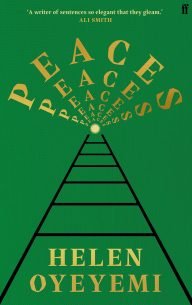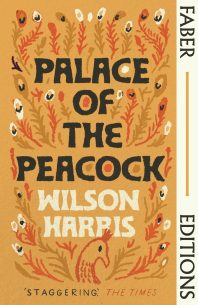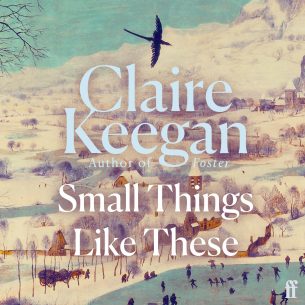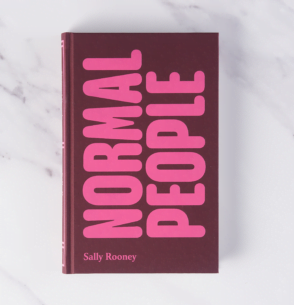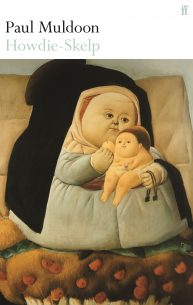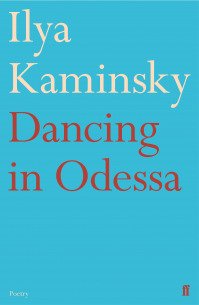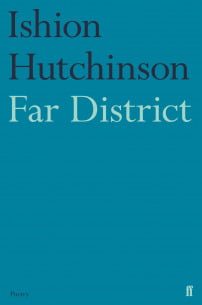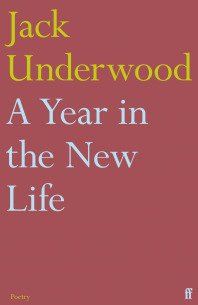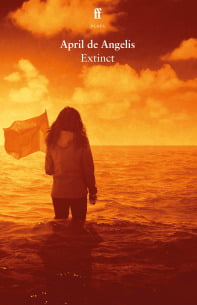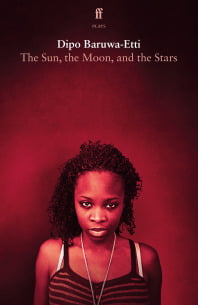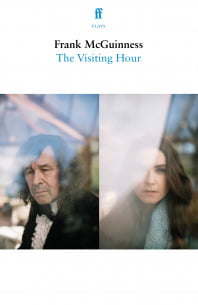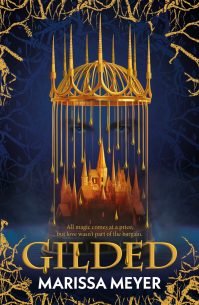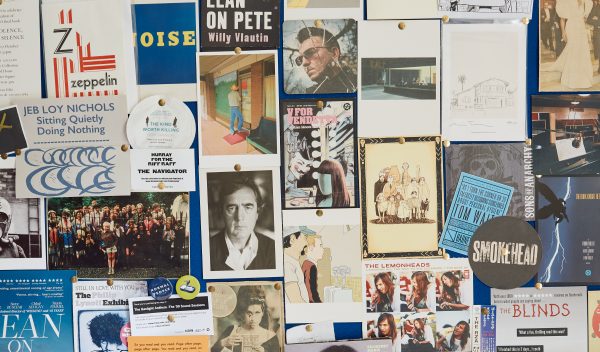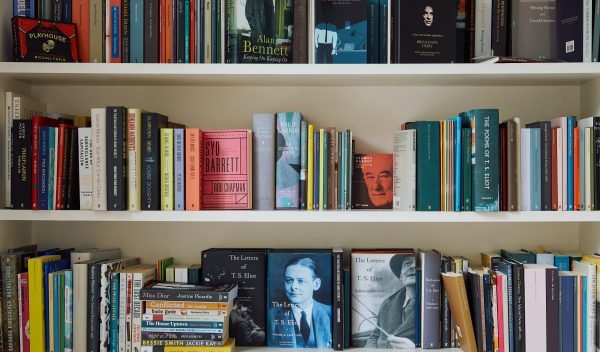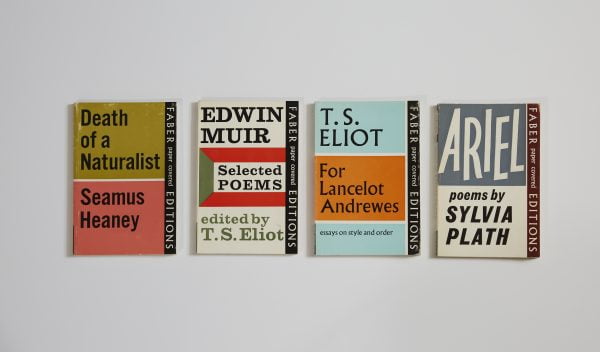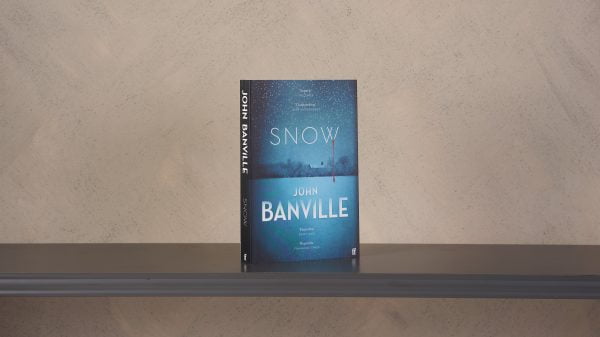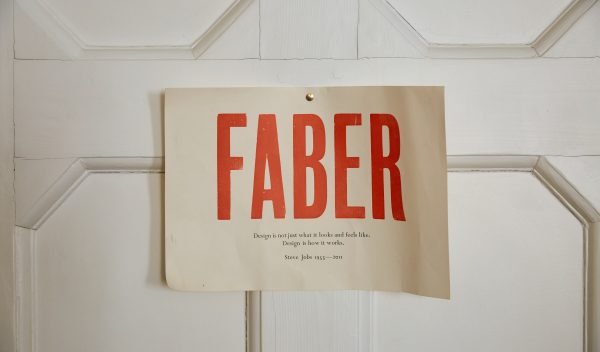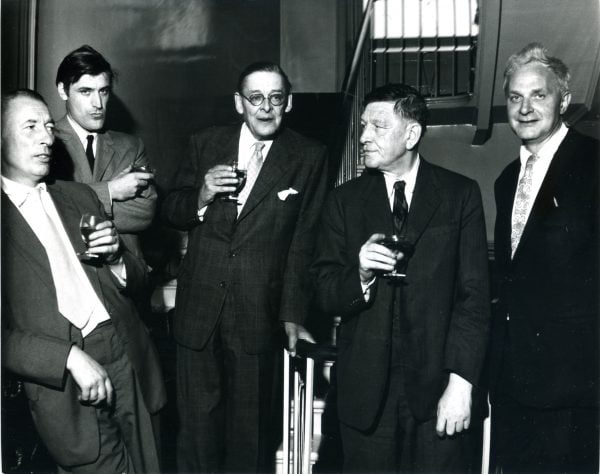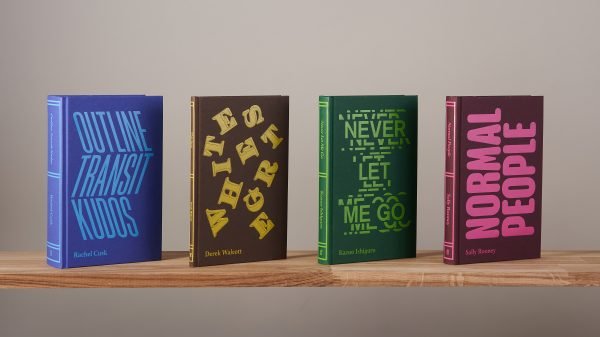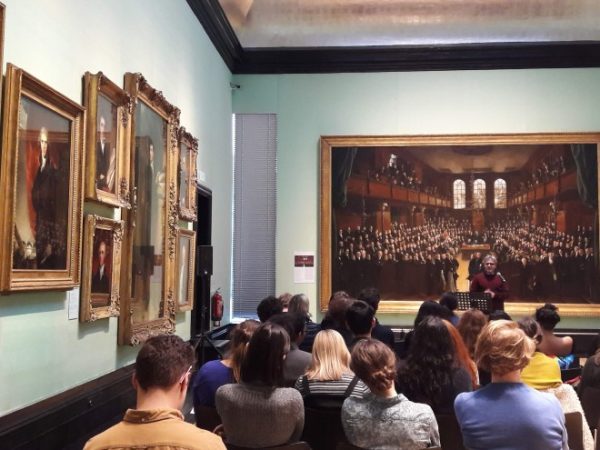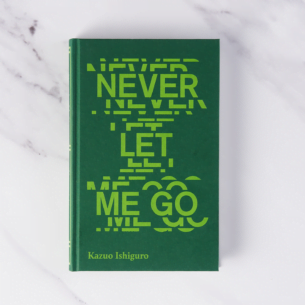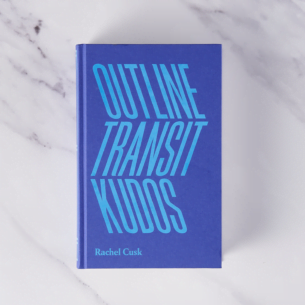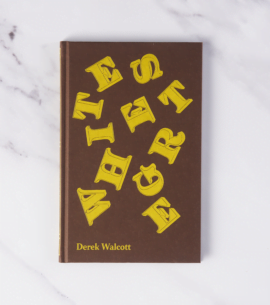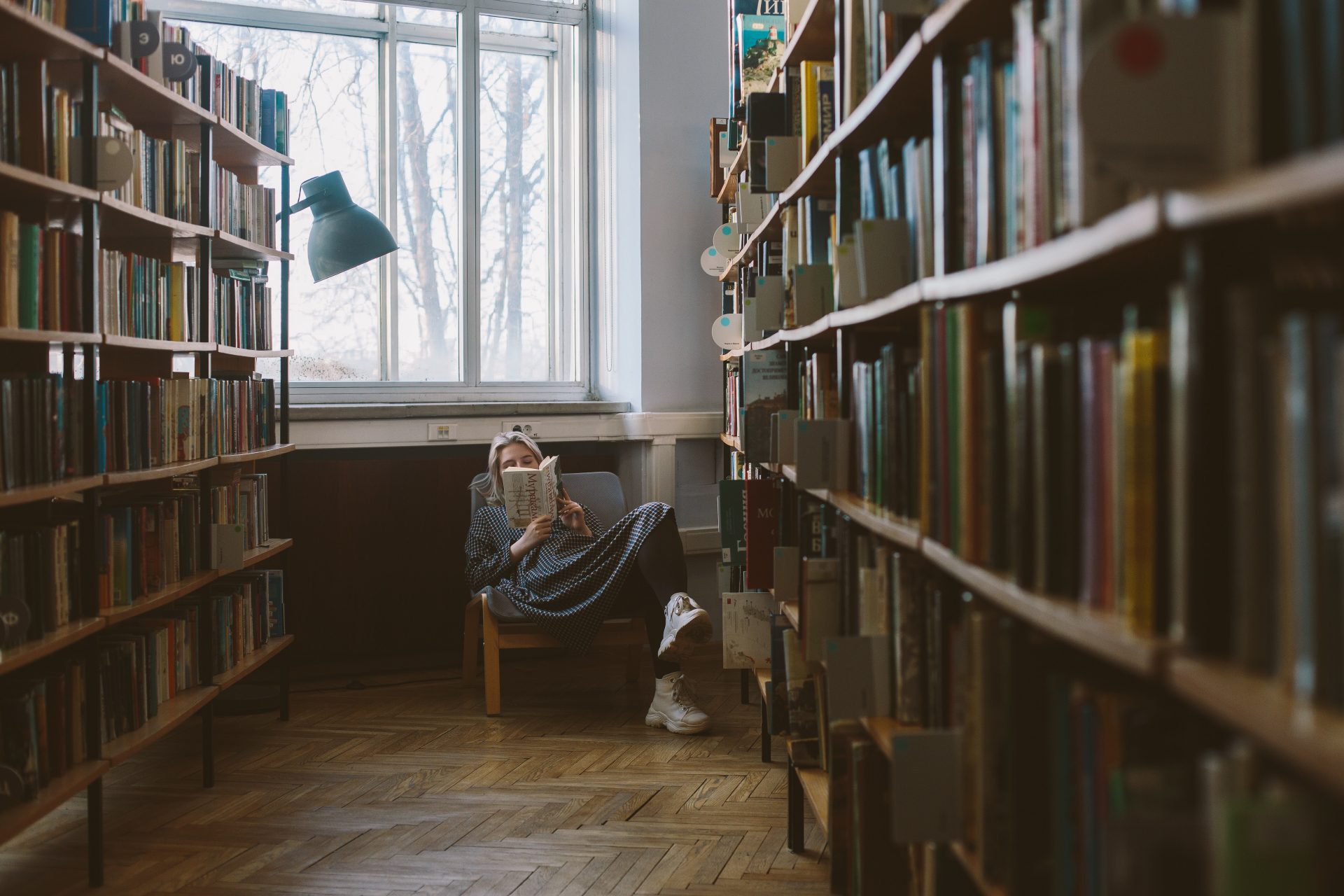
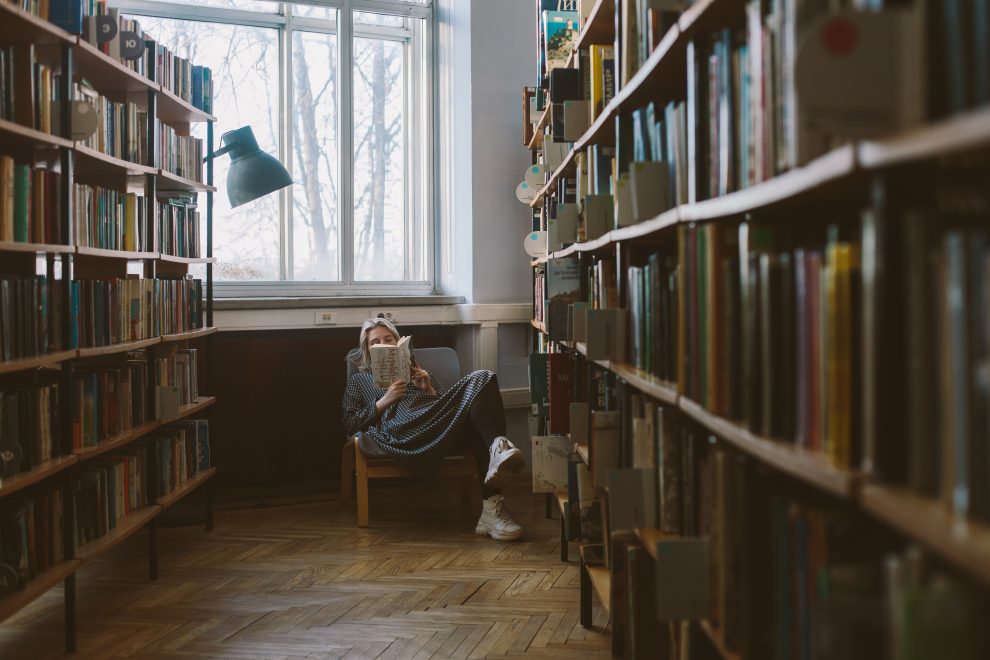
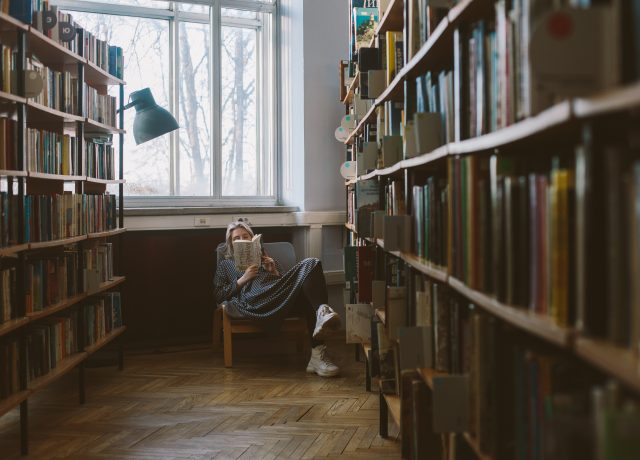
The View From My Window | Claire McGlasson
No matter where you live, coronavirus has altered daily life. We’ve asked Faber authors to share a snapshot of their lives in lockdown.
I felt seen. Sitting at my desk in the writing shed in my garden in rural Cambridgeshire, I usually find solitude and seclusion. Stepping across the dewed lawn in my pyjamas at six thirty every morning, I spend a few hours alone with my novel while my children reluctantly wake. But that day I had the feeling I was not alone. Perhaps, I thought, it was my need for communion with life before lockdown, perhaps a telepathic connection with a distant friend. It was several minutes before I realised it was neither. A chicken was staring in through the glass door of the cabin. All the more surprising because we don’t keep chickens. It turned out that she had escaped from our neighbours’s coop, though we still don’t know how she managed to negotiate the fence.
I admired the hen’s tenacity, understood her need to spread her wings. These small dramas have become a welcome diversion in the daily routine I have settled into. A robin bounces along the step outside the cabin; several ants have found their way inside and march, in formation, along the barrel of my fountain pen. When oversized bumblebees ricochet off the windows, I stop to watch them struggle to stay airborne.

Nature beats a rhythm to our lives in a way it never did before. Taking our daily exercise through the same field each day, we’ve watched the rapeseed flowers grow from ankle height to waist. We’ve found treasures in the ploughed soil: fragments of Roman roof tile and empty songbird eggs. A red kite circles above us as we walk; a deer watches us pass as though we are the wild ones. We rarely see another human being, but today in a copse of trees we found evidence of civilisation: the shell of an abandoned delivery van, its timber frame rotten, its bodywork rusted. It must have been there for half a century but our discovery felt timely, and for a moment I let myself imagine that we really were the last people on Earth.

Back at my desk I can look up and remind myself of life before. A framed book jacket from my debut novel, a photograph of the night I celebrated its launch with the people I hold dearest. There’s a vintage patchwork quilt I was given for love and a cushion that was crafted with friendship. A leather-bound radio that used to sit on the mantlepiece of my great, great aunt keeps me company, and a photograph of my grandparents walking arm in arm in Blackpool, where my latest novel is set. Reminders that nothing lasts forever; that This Too Shall Pass.

This is the place I come to write but also to talk: lengthy phone calls and group video chats. I speak with writer friends on group messages most days. We share fears that words have deserted us, that our creativity has been strangled by anxiety and apathy, that our stories feel suddenly insignificant and small. But we write. We write together. Arranging to sit at our desks at an appointed hour, to open our laptops, to escape into the worlds we are imagining. And it helps to know that, at that moment, they are writing too. That I am not alone, even if next door’s chicken doesn’t make it over the fence again. I feel seen.
Claire McGlasson is the author of The Rapture.
